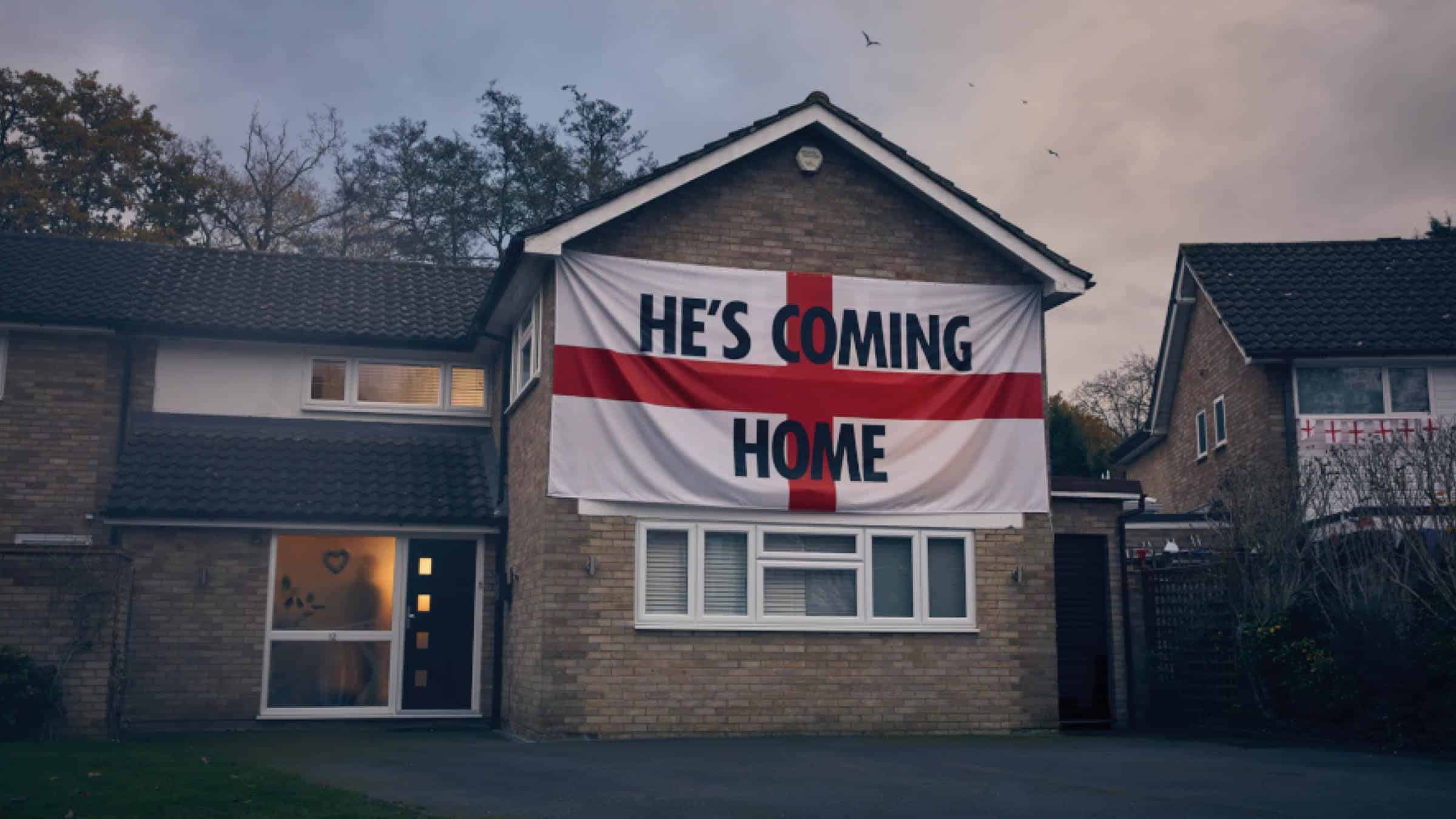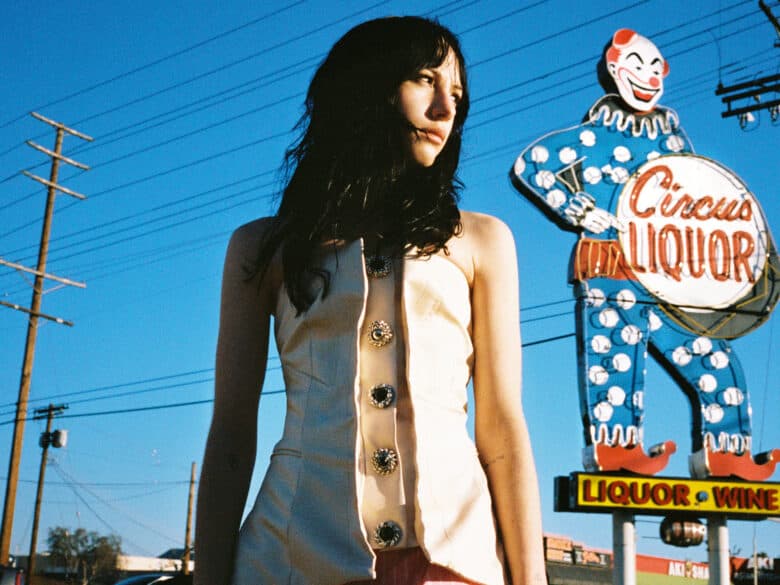According to Women’s Aid, domestic abuse could rise by as much as 38% during the World Cup

A chilling new campaign from domestic abuse charity Women’s Aid has highlighted the increased frequency and severity of existing domestic abuse during major football tournaments such as the World Cup – which could rise by as much as 38%.
As part of Women’s Aid’s Come Together to End Domestic Abuse campaign, the charity is asking everyone to play their part in ending domestic abuse during the World Cup – and to raise awareness of support services.
While football doesn’t cause domestic abuse, factors including increased alcohol consumption and the high levels of emotion associated with big games can cause existing abuse to increase in frequency and severity.
This is why Women’s Aid launched the Football United Against Domestic Violence campaign in 2014, and since then, has worked with the football community – from players, clubs and fans – to unite against misogynistic attitudes which underpin violence against women.
To support this crucial work, the charity is highlighting how domestic abuse can be more frequent or severe during notable football tournaments in a new chilling campaign. This year, the World Cup takes place in winter for the first time in the tournament’s history – meaning that more fans than usual will choose to stay at home to watch the games. For a number of women, it is a time of fear.
The campaign launches today, which marks International Day for the Elimination of Violence Against Women, just after England’s second group game in the World Cup against the USA. As part of the campaign, Women’s Aid measures public attitudes to show what needs to change. Recent Women’s Aid research found that almost a quarter (24%) of UK adults believe there are instances where it is acceptable for sports crowds to sing rude chants about women – the most popular reason being when it’s said as a joke (12%).
“We know that violence against women is a spectrum, running from sexist jokes and so called ‘banter’, through to violent crimes and murder. Sexist jokes enable a culture where women can be demeaned, controlled, harmed and abused,” said Farah Nazeer, chief executive of Women’s Aid, in a press release.
“To help end domestic abuse, therefore, we must also tackle sexism and misogyny, and safely challenge attitudes and comments where we can. On this front, football can have a very powerful and positive role to play,” she continued.
Meanwhile, Emma, a survivor of domestic abuse, detailed the grim reality that, sadly, many women face today. “I always dreaded the football season; for my ex, it was another ‘excuse’ to get off his face on cocaine and drink too much. He would tell me it’s what the lads do. For him, it was fun; for me, it was fear,” she said.
“I remember on our anniversary, I had wanted to celebrate, but Fulham were playing, so he wanted to watch the game. We agreed we would watch it and then go out together to celebrate after, but because his team lost, this meant he stayed at the pub getting more and more drunk while I went home sobbing after being called every name under the sun.”
In the UK, the domestic violence helpline is 0808 2000 247. Alternatively, contact Women’s Aid, Solace or Refuge for advice and support.

